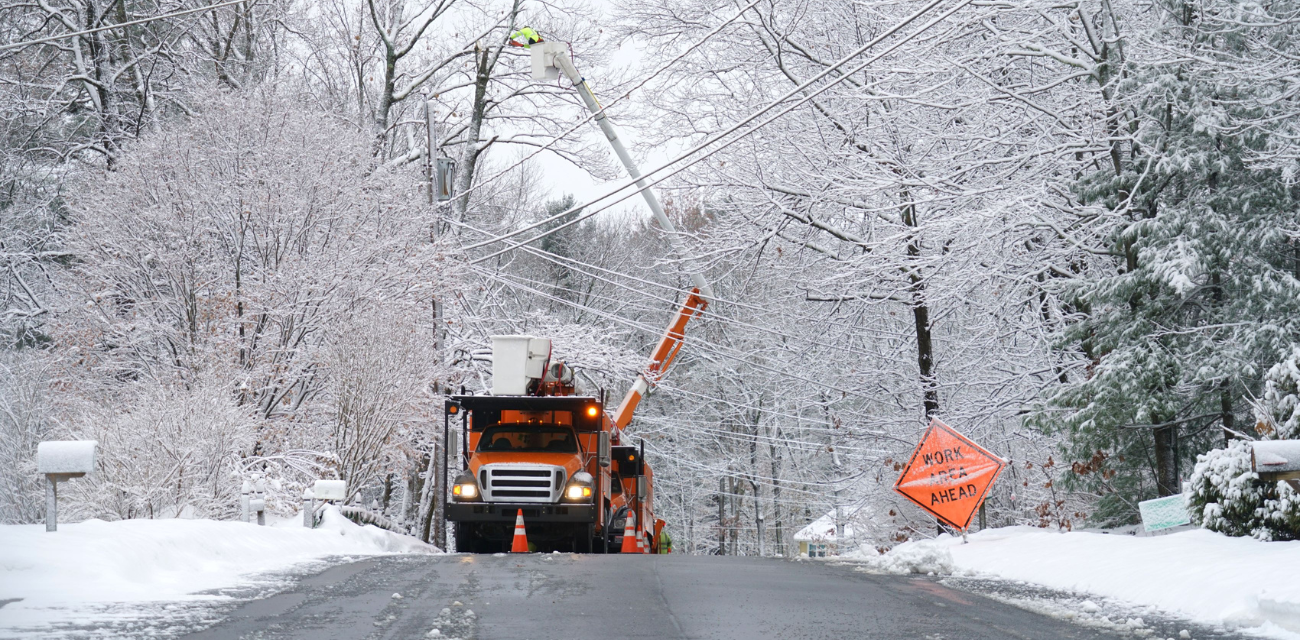Consumers’ rate hike shows need for new structure, accountability

Authored by

Beau Brockett Jr.
Connect With the Experts

Charlotte Jameson
The $100 million approval was a third of what the utility requested
The 1.6 million residential customers of Consumers Energy will see their electricity rates go up 11.93% in January as Michigan continues to grapple with a pandemic and a recession. But it could have been worse.
The Michigan Public Service Commission approved a $100 million rate increase Thursday that will go into effect Jan. 1. An average residential customer can expect to pay $9.17 more a month.
The approved rate was 39% of the $244.5 million Consumers originally requested in February. The true proposed increase, however, was actually $280.2 million, which equates to a 14% rate hike on residential customers.
That staggering proposed increase on residential customers is driven in part by a requested 6.7% rate reduction for industrial customers as well as a $723 million Christmas tree list of distribution infrastructure spending.
Michigan Environmental Council, Natural Resources Defense Council, Citizens Utility Board of Michigan and Sierra Club intervened as residential customers and environmental advocates in the case.
“We are thankful that the Michigan Public Service Commission cut the egregious rate hike Consumers Energy sought for its operations and maintenance,” said Charlotte Jameson, program director of energy, drinking water and legislative affairs at the Environmental Council. “But families will still face mounting electricity bills, and it remains unclear what improvements in reliability and cleaner air Consumers customers stand to gain from this rate increase.
“If we increase rates and continue to guarantee utilities a large profit during a pandemic that has left people unemployed, underemployed and at home more than ever,” Jameson added, “struggling customers deserve to be able to hold utilities accountable to achieving real progress in the areas of reliability, environmental performance and affordability.”
A reliable, clean grid and affordable rates are both crucial to customer and environmental welfare, intervenors said. To make both happen, intervenors said utilities and the MPSC must use performance-based ratemaking, which uses metrics tied to utilities’ profit rate to hold utilities accountable to achieving improvements that benefit ratepayers.
“Consumers Energy must be bolder in its commitments to affordable power,” said Derrell Slaughter, Michigan Clean Energy Advocate at NRDC. “The decision prevents the massive bill increase Consumers Energy sought — the increase is still too high, but still a win for Michigan families. At a time when reliable power is a public health imperative, spending consumer dollars should lead to real gains in reliability and efficiency and enable the clean energy transition. The MPSC decision is a step in that direction.”
In their testimony, the joint intervenors noted that about 18% of Consumers Energy customers live below the federal poverty level. More than 99% of Consumers customers in that income range pay more than 8% of their income on electricity, well over the 3% standard of affordability used by regulatory bodies around the country. Intervenors urged the MPSC to require Consumers to offer more and better targeted help to these struggling customers.
In addition to allowing a rate hike, the MPSC failed to order Consumers to make any significant reforms to its assistance programs despite intervenor testimony demonstrating that existing programs are insufficient. However, the MPSC did order Consumers to develop a Percentage of Income Payment Plan. It will ensure that low-income customers’ bills are capped at no more than what is deemed an affordable percentage of their income.
In a bright spot in the ruling, the MPSC approved Consumers’ three-year PowerMIFleet pilot project to study the impact of increasing electrification of business vehicle fleets on the power grid. Michigan Environmental Council, Natural Resources Defense Council, Citizens Utility Board of Michigan and Sierra Club support the pilot, given the critical role the utilities will have in supporting the transition to electric vehicles in Michigan.
Discover
Power environmental change today.
Your gift to the Michigan Environmental Council is a powerful investment in the air we breathe, our water and the places we love.
Sign up for environmental news & stories.
"*" indicates required fields




